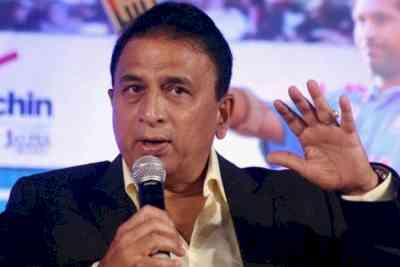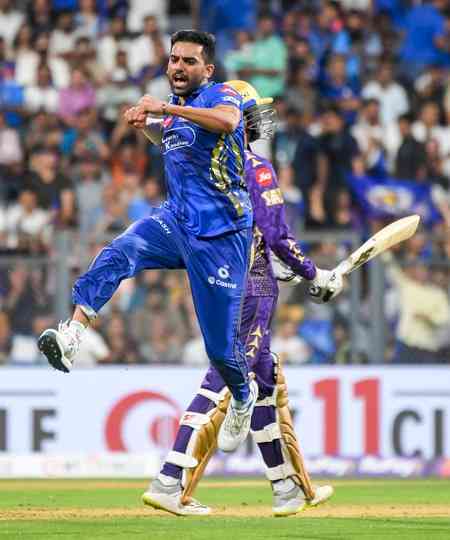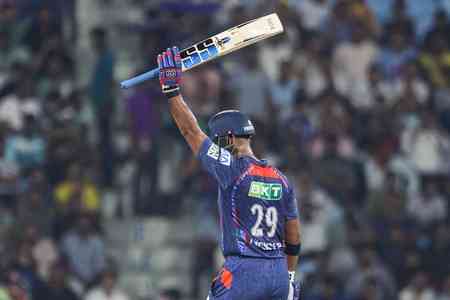Sunil Gavaskar advocates for increase in salary of Ranji players
Sunil Gavaskar, the legendary former India captain, has advocated for a significant increase in remuneration for domestic cricketers, particularly those involved in first-class cricket, urging the Board of Control for Cricket in India (BCCI) to triple their fees.

New Delhi, March 16 (IANS) Sunil Gavaskar, the legendary former India captain, has advocated for a significant increase in remuneration for domestic cricketers, particularly those involved in first-class cricket, urging the Board of Control for Cricket in India (BCCI) to triple their fees.
While commending the BCCI's recent move to offer incentives to Test cricketers, Gavaskar emphasized the importance of supporting the Ranji Trophy, the primary feeder system for the national team.
"That is a wonderful thing by the BCCI to reward those who would be playing, but I would also request the BCCI to ensure that the feeder to the Test team, which is the Ranji Trophy, is also looked after,” said Gavaskar.
"If the Ranji Trophy fees can be doubled or tripled, certainly there'll be a lot more people playing the Ranji Trophy, and a lot less pullouts from the Ranji Trophy, because if the fees of playing a Ranji Trophy match are a good fee, there will be fewer people pulling out for various reasons,” he added.
Gavaskar highlighted the correlation between higher fees and reduced player withdrawals from domestic tournaments, citing examples like Ishan Kishan. He echoed Rahul Dravid's sentiments regarding the rewards for red-ball cricket, proposing a slab system based on the number of first-class matches played.
"I think what Rahul Dravid said, when it was announced in Dharamsala, that he would like to call it a reward. They will all be wanting to play with a slab system - every 10 first-class matches you get that much more so I would request the BCCI to look at that aspect as well," Gavaskar said on the sidelines of an event by CHAMPS Foundation, which completed 25 years.
Addressing concerns raised by players regarding the scheduling of Ranji Trophy games, Gavaskar advocated for longer gaps between matches to allow for adequate rest and recovery. He suggested starting the Ranji season in October rather than January to ensure players' availability and minimize pullouts, with white-ball tournaments following in mid-December.
"In the three-day gap, what happens is that there's probably a day in between for travel. During travel, there's no time to visit the physio and maybe take his help to get fit from a niggle. So, there should probably be a little bit of a gap so that the player has got adequate time. My personal opinion is to have the Ranji Trophy from October to mid-December and then bring in the white-ball tournaments. That way, everybody will be available to play except for the ones featuring for India. There will be no real excuse to pull out. With the one-dayers beginning from January, people who are in the IPL can have enough practice from then."
Expressing confidence in the future of Test cricket, Gavaskar predicted a shift towards more balanced tour schedules featuring a mix of Tests, T20Is, and ODIs, rather than extensive five-Test series. He emphasized the enduring appeal of Test cricket while acknowledging the evolving landscape of international cricket tours.
"Test cricket will definitely be around. You might not have a five-Test match series between every country; only two or three might play five Tests. Any tour now will be a mix of Tests, T20Is, and ODIs."
--IANS
hs/


 IANS
IANS 








